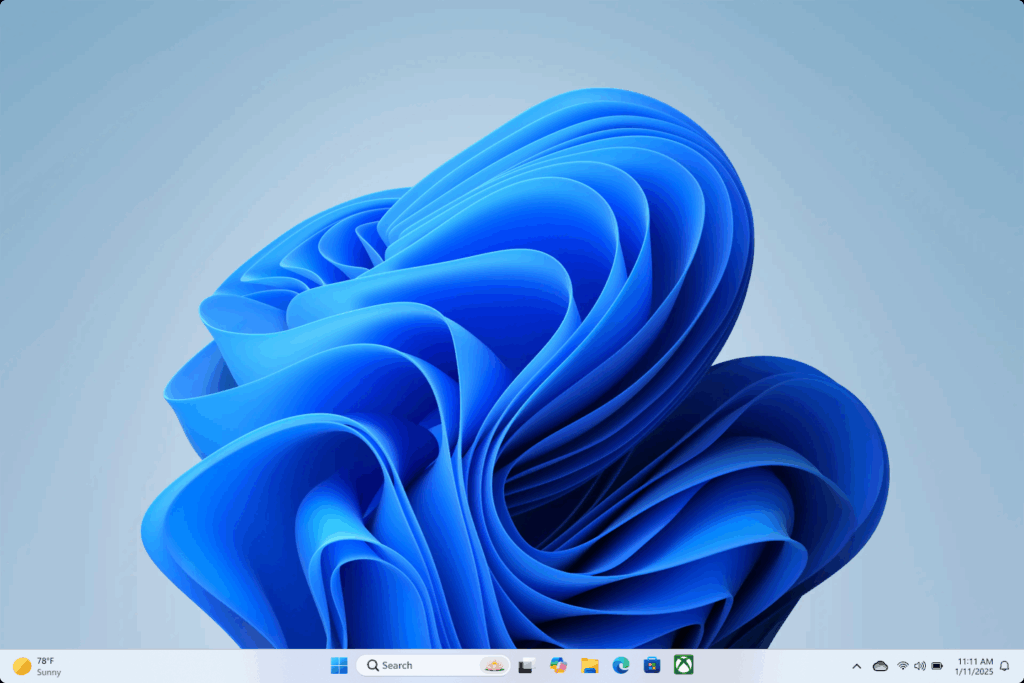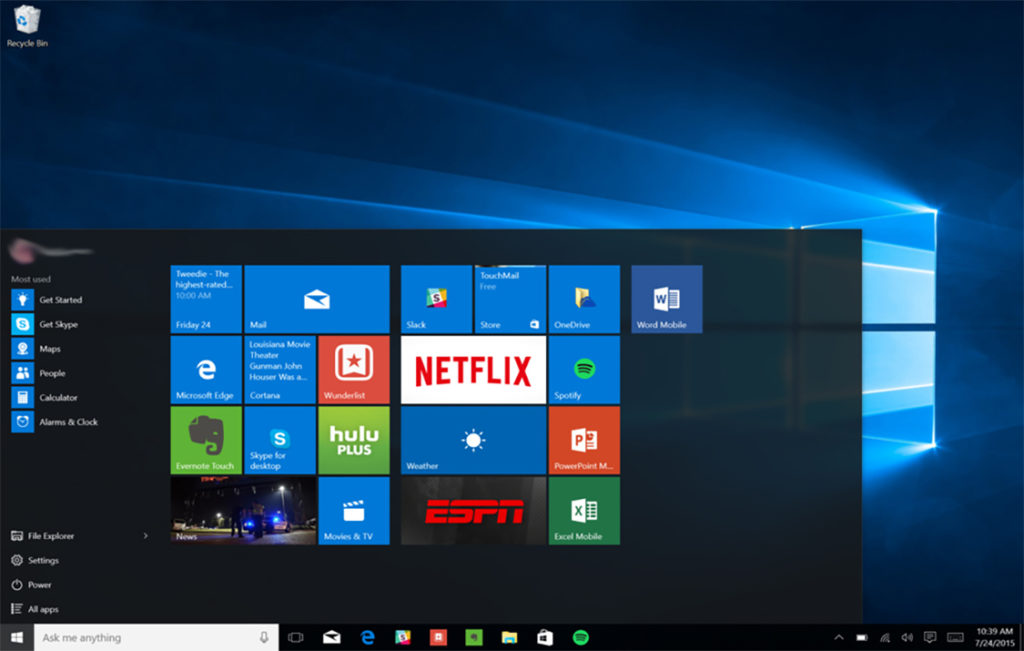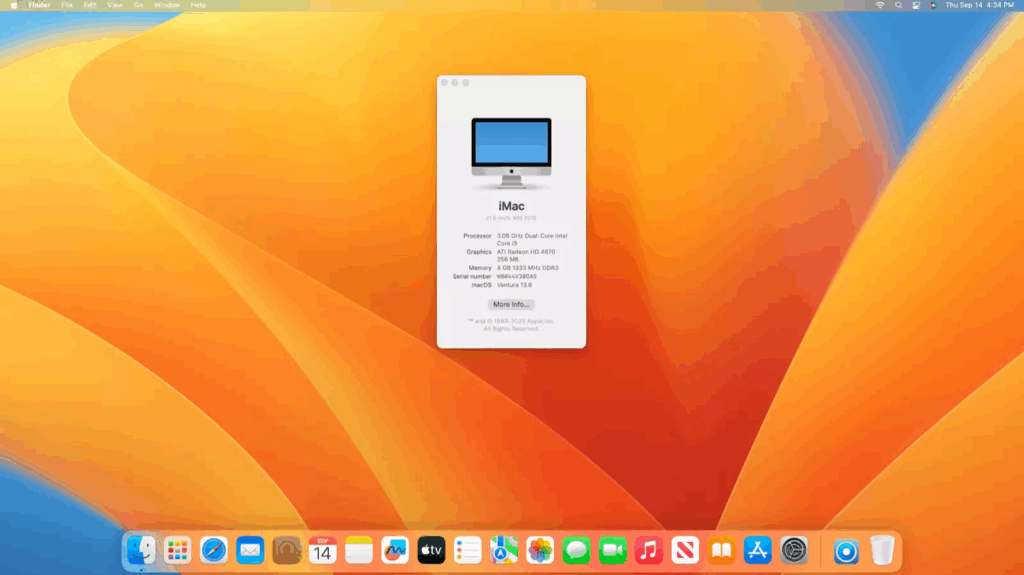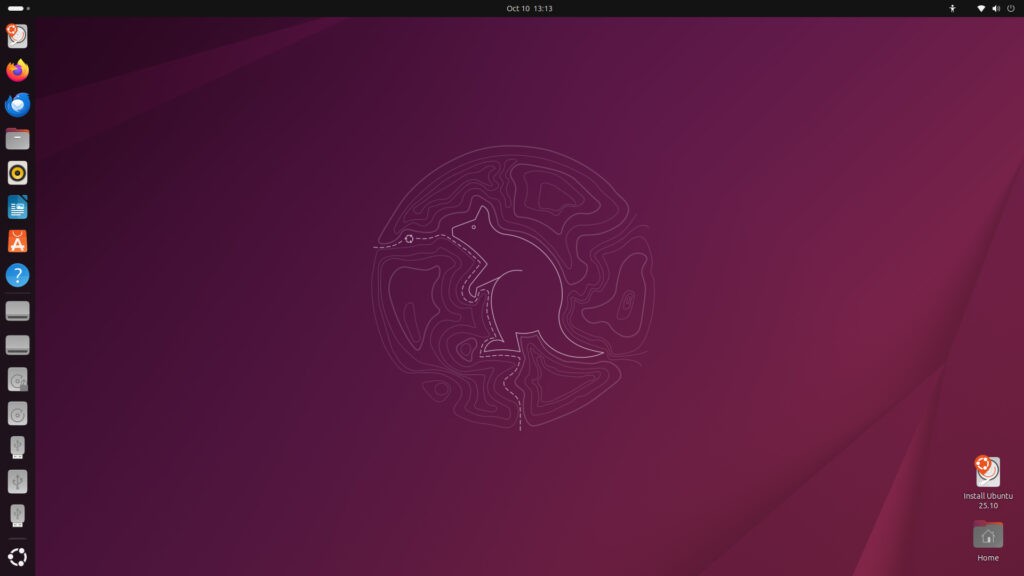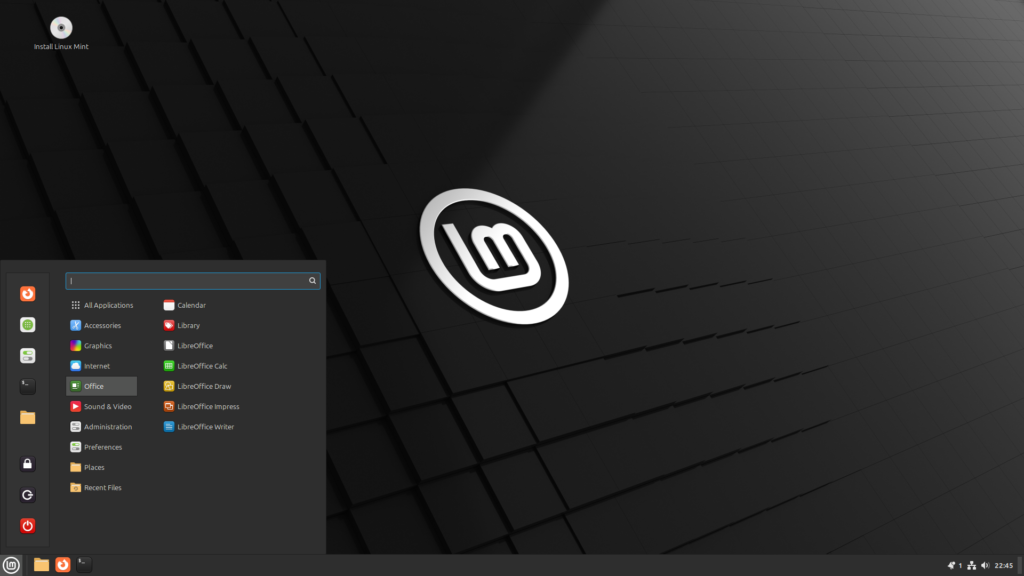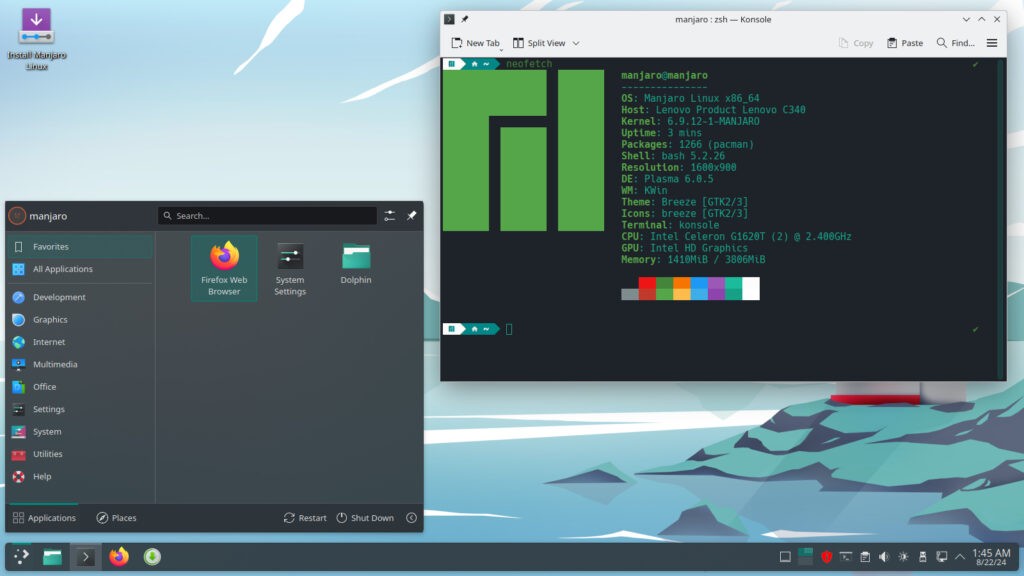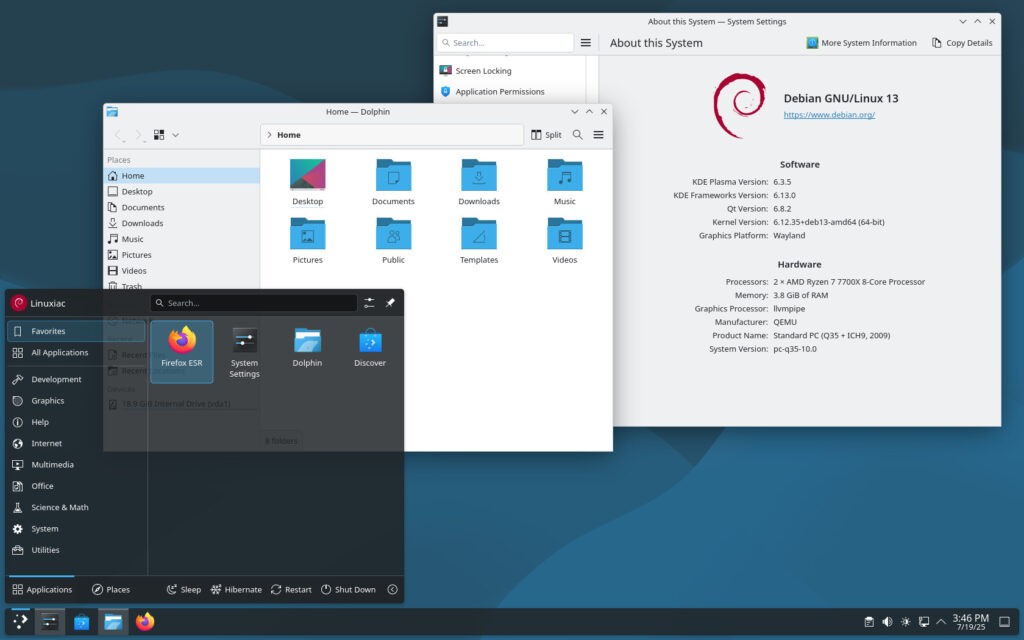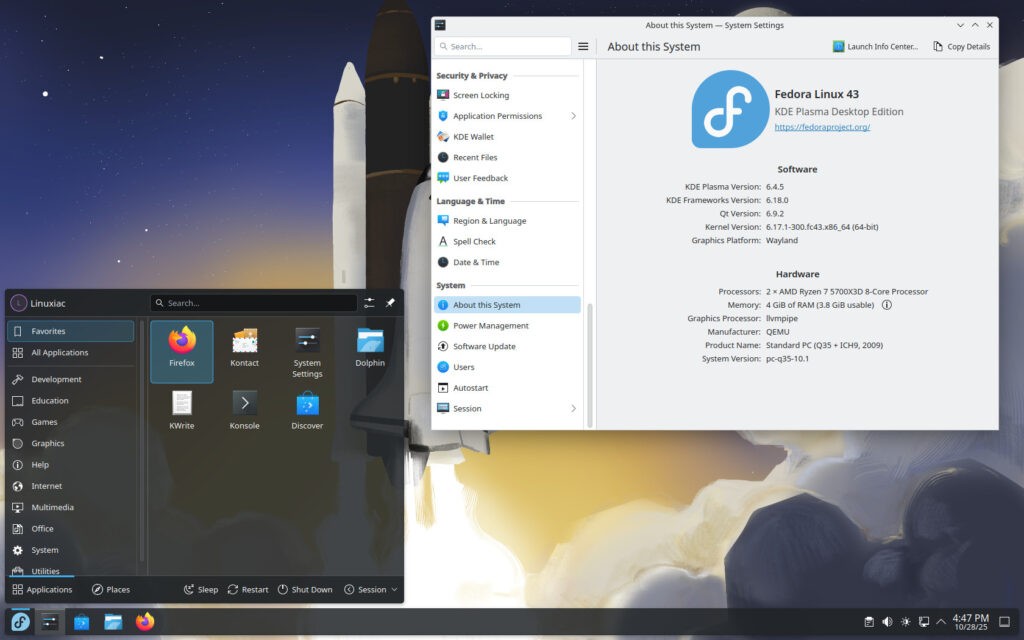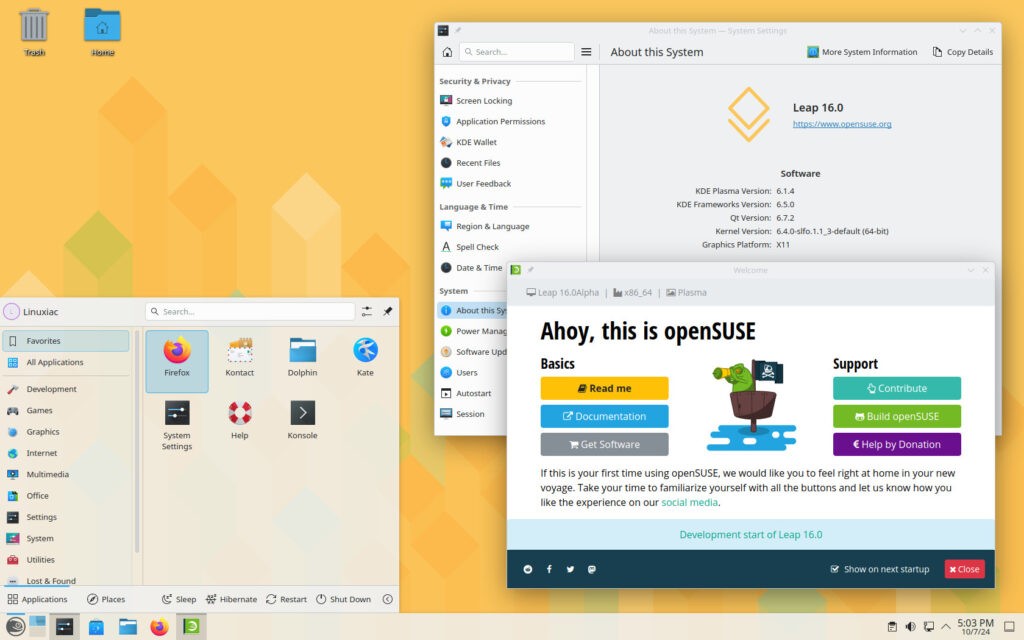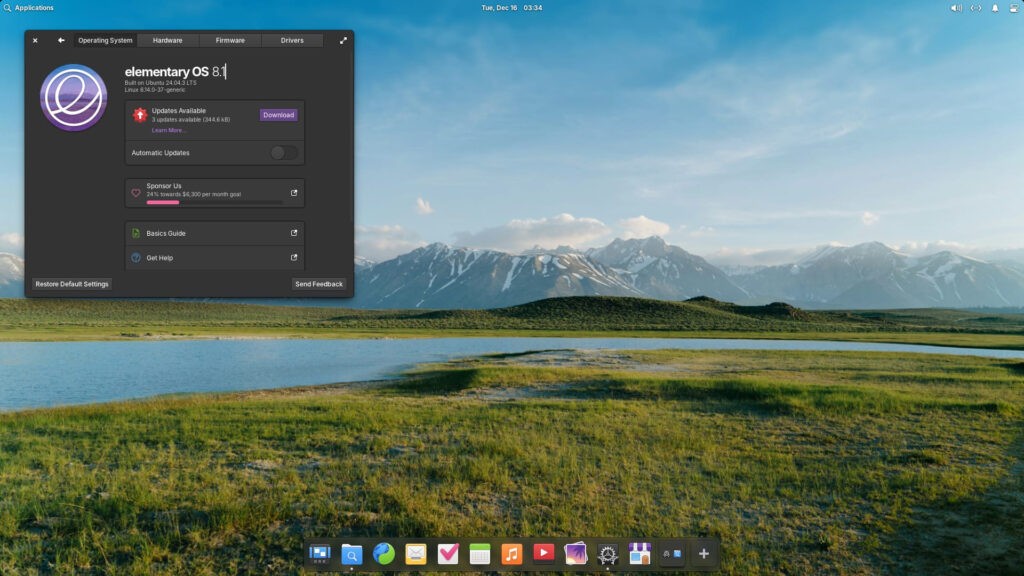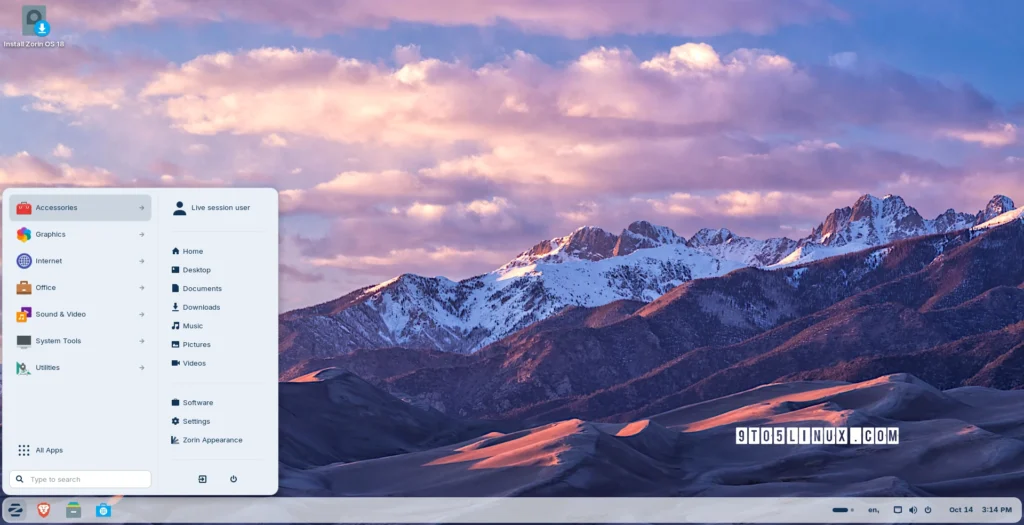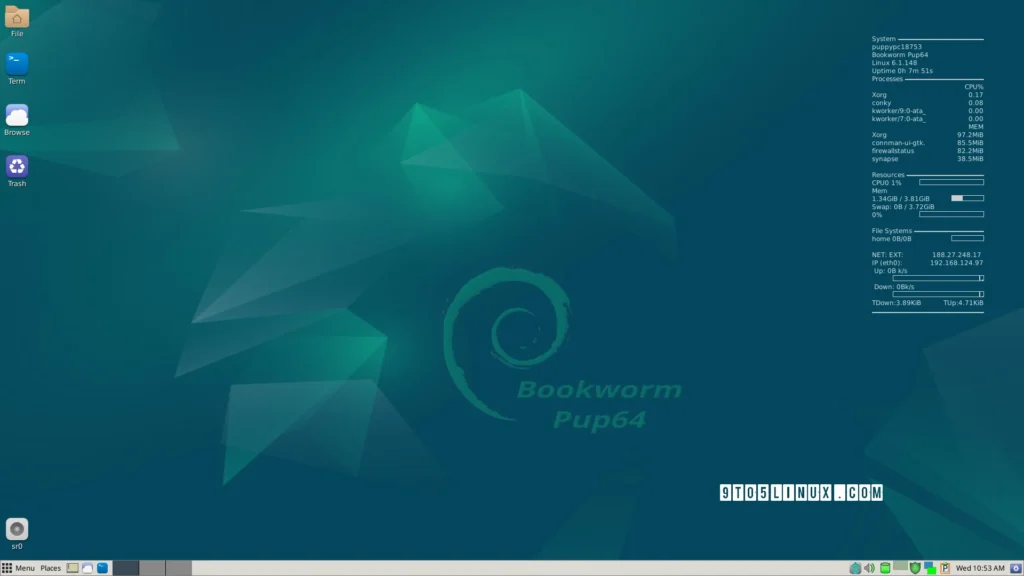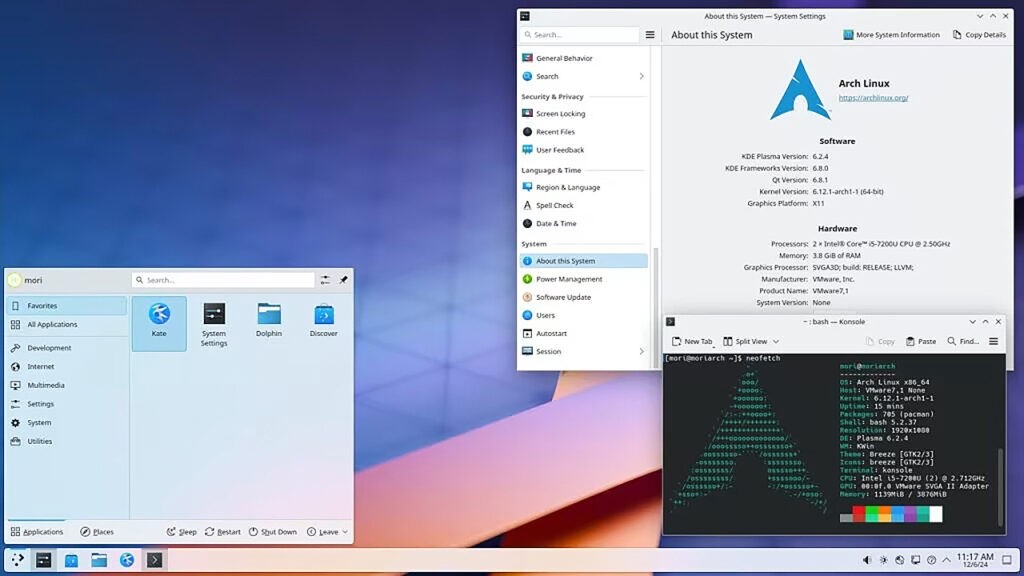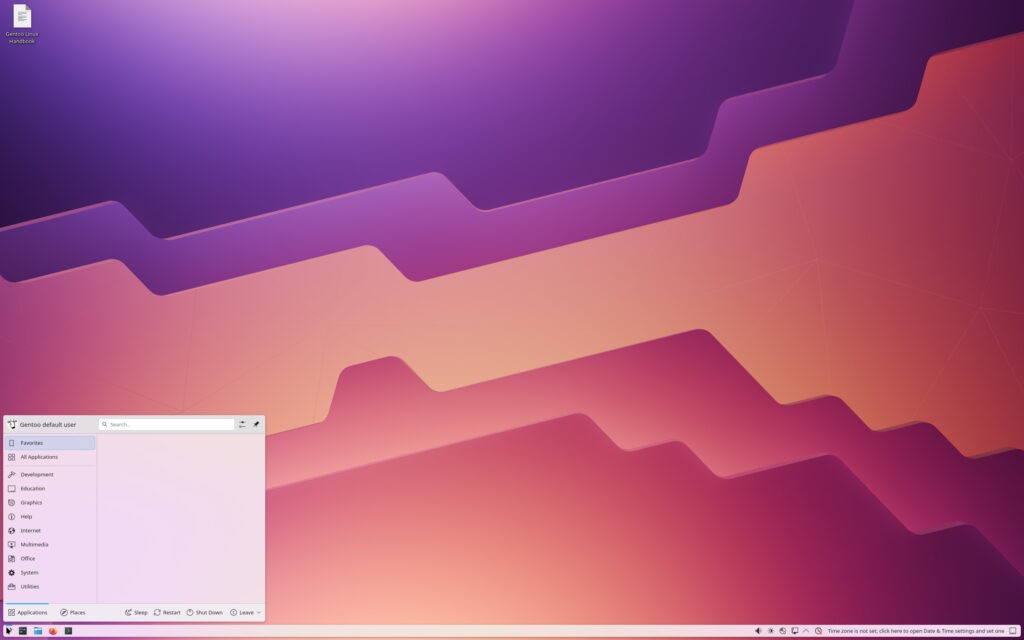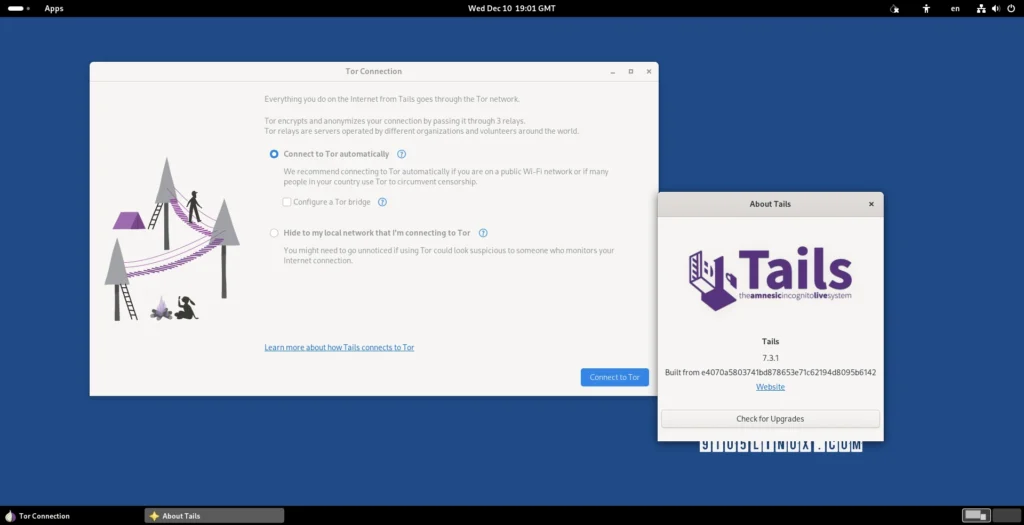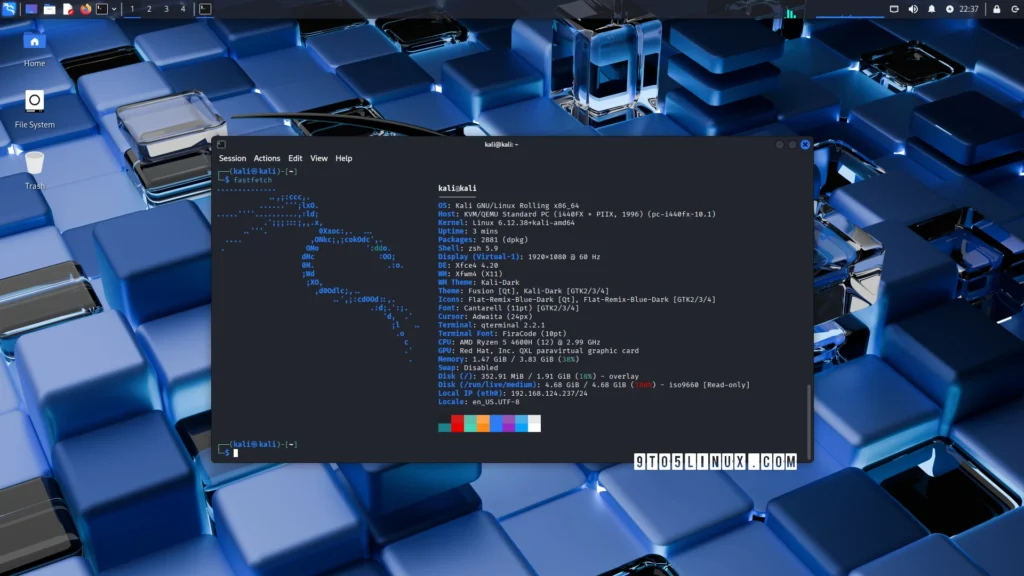Best Operating Systems of 2026
Windows
Windows 11
Windows 11 is the current major release of Microsoft’s Windows NT operating system, released on October 5, 2021, as the successor to Windows 10 (2015). It is available as a free upgrade for devices running Windows 10 that meet the system requirements. A Windows Server counterpart, Server 2022 was released in 2021 and was updated to Server 2025 in 2024. Windows 11 is the first major version of Windows without a corresponding mobile edition, following the discontinuation of Windows 10 Mobile.
Windows 10
Windows 10 is a personal computer operating system developed and released by Microsoft as part of the Windows NT family of operating systems. It was released on July 29, 2015. It is the first version of Windows that received ongoing feature updates.
Windows 7
Windows 7 is a personal computer operating system developed by Microsoft. It is a part of the Windows NT family of operating systems. Windows 7 was released to manufacturing on July 22, 2009, and became generally available on October 22, 2009, less than three years after the release of its predecessor, Windows Vista. Windows 7’s server counterpart, Windows Server 2008 R2, was released at the same time.
Windows XP
Windows XP is a personal computer operating system that was produced by Microsoft as part of the Windows NT family of operating systems. It was released to manufacturing on August 24, 2001, and broadly released for retail sale on October 25, 2001.
macOS
Tahoe
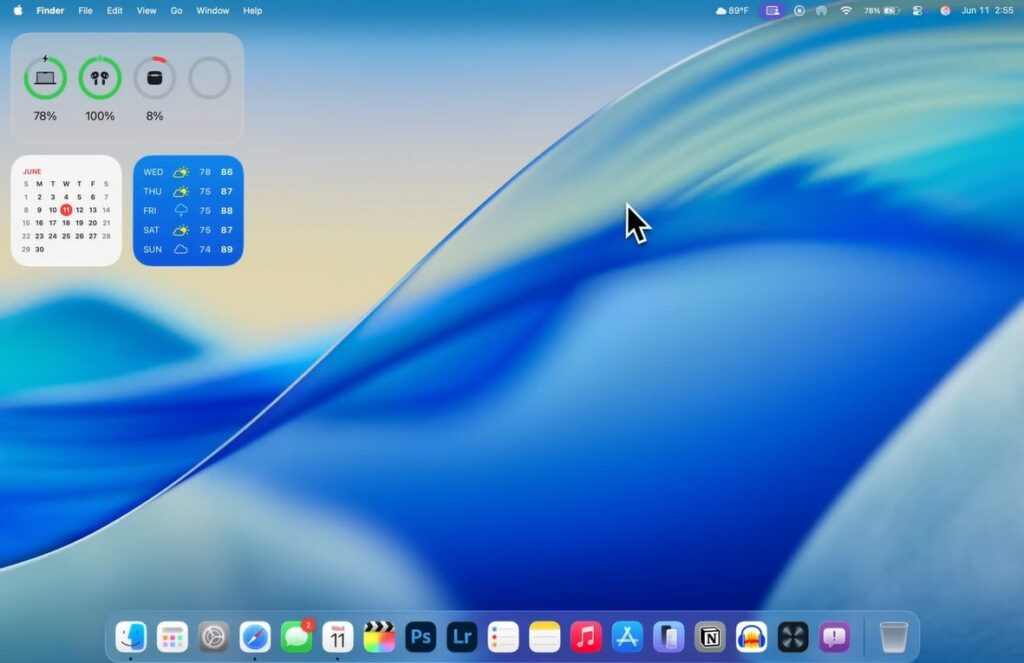
macOS Tahoe (version 26) is the twenty-second and current major release of Apple’s macOS operating system. The successor to macOS Sequoia (macOS 15), it was announced at WWDC 2025 on June 9, 2025, and its first developer beta was released the same day. It was released on September 15, 2025.
Sequoia
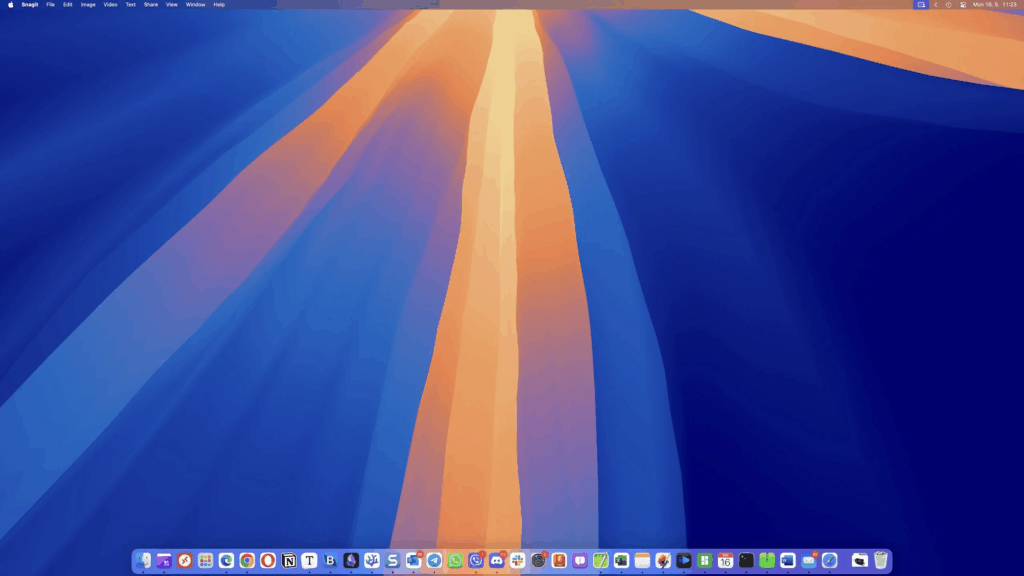
macOS Sequoia (version 15) is the twenty-first and current major release of Apple’s macOS operating system, the successor to macOS Sonoma. It was announced at WWDC 2024 on June 10, 2024. In line with Apple’s practice of naming macOS releases after landmarks in California, it is named after Sequoia National Park, located in the Sierra Nevada mountain range.
Sonoma
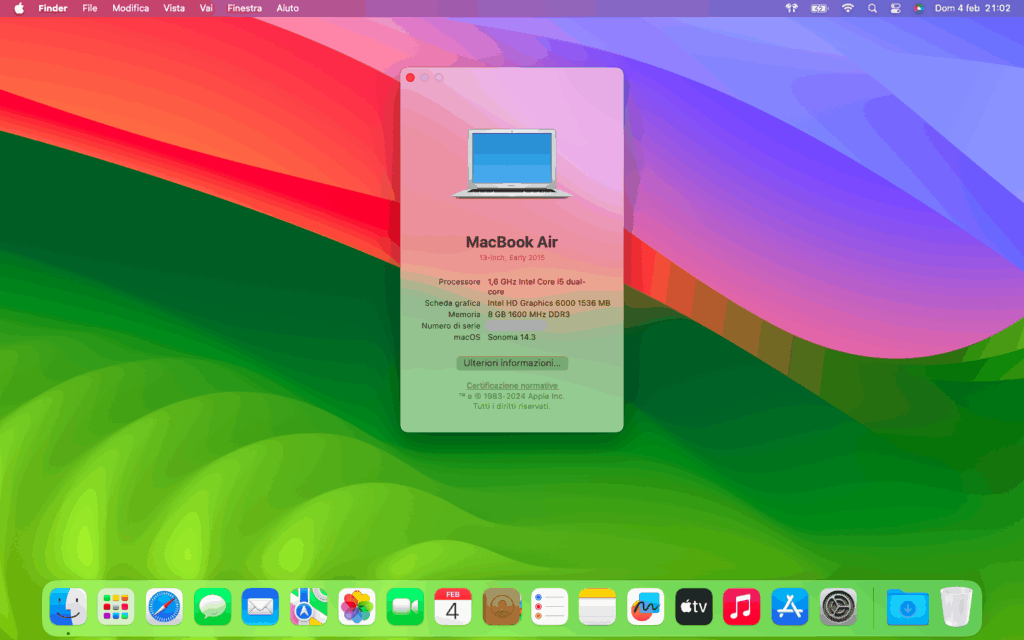
macOS Sonoma (version 14) is the twentieth major release of macOS, Apple’s operating system for Mac computers. The successor to macOS Ventura, it was announced at WWDC 2023 on June 5, 2023, and released on September 26, 2023. It is named after the wine region located in California’s Sonoma County.
Ventura
macOS Ventura (version 13) is the nineteenth major release of macOS, Apple’s operating system for Macintosh computers. The successor to macOS Monterey, it was announced at WWDC 2022 on June 6, 2022, and launched on October 24, 2022. macOS Ventura was succeeded by macOS Sonoma, which was released on September 26, 2023.
Linux
Ubuntu
Ubuntu is an open source operating system for computers. It is a Linux distribution based on the Debian architecture. It is usually run on personal computers, and is also popular on network servers, usually running the Ubuntu Server variant, with enterprise-class features.
Linux Mint
Linux Mint is a community-driven Linux distribution based on Debian and Ubuntu that strives to be a “modern, elegant and comfortable operating system which is both powerful and easy to use.” Linux Mint provides full out-of-the-box multimedia support by including some proprietary software and comes bundled with a variety of free and open-source applications.
Manjaro
Manjaro Linux, or simply Manjaro, is an open source operating system for computers. It is a distribution of Linux based on Arch Linux. Manjaro Linux has a focus on user friendliness and accessibility and the system itself is designed to work fully ‘straight out of the box’ with its variety of pre-installed software. It features a rolling release update model and uses pacman as its package manager.
Debian
Debian is a Unix-like computer operating system that is composed entirely of free software, most of which is under the GNU General Public License and packaged by a group of individuals participating in the Debian Project.
Fedora
Fedora is a Unix-like operating system based on the Linux kernel and GNU programs, developed by the community-supported Fedora Project and sponsored by the Red Hat company. Fedora contains software distributed under various free and open-source licenses and aims to be on the leading edge of such technologies. Fedora is the upstream source of the commercial Red Hat Enterprise Linux distribution.
openSUSE
openSUSE, formerly SUSE Linux and SuSE Linux Professional, is a Linux-based project and distribution sponsored by SUSE Linux GmbH and other companies. It is widely used throughout the world.
elementary OS
elementary OS is a Linux distribution based on Ubuntu. It is the flagship distribution to showcase the Pantheon desktop environment, similar to how Linux Mint introduced Cinnamon.
Zorin OS
Zorin OS is a multi-functional operating system designed specifically for Windows users who want to have easy and smooth access to Linux. It is based on Ubuntu, and uses a customized version of Gnome and the Avant Window Navigator which they call the ‘Zorin Desktop’.
Puppy
Puppy Linux is an operating system and lightweight Linux distribution that focuses on ease of use and minimal memory footprint. The entire system can be run from RAM with current versions generally taking up around 1GB, allowing the boot medium to be removed after the operating system has started.
Arch
Arch Linux is an independently developed, x86-64 general-purpose GNU/Linux distribution that strives to provide the latest stable versions of most software by following a rolling-release model. The default installation is a minimal base system, configured by the user to only add what is purposely required.
Gentoo
Gentoo Linux is a Linux distribution built using the Portage package management system. Unlike a binary software distribution, the source code is compiled locally according to the user’s preferences and is often optimized for the specific type of computer. Precompiled binaries are available for some larger packages or those with no available source code.
Tails
Tails or The Amnesic Incognito Live System is a security-focused Debian-based Linux distribution aimed at preserving privacy and anonymity. All its outgoing connections are forced to go through Tor, and non-anonymous connections are blocked.
Kali
Kali Linux is a Debian-based Linux distribution aimed at advanced Penetration Testing and Security Auditing. Kali contains several hundred tools which are geared towards various information security tasks, such as Penetration Testing, Security research, Computer Forensics and Reverse Engineering. Kali Linux is developed, funded and maintained by Offensive Security, a leading information security training company.
Pop!_OS
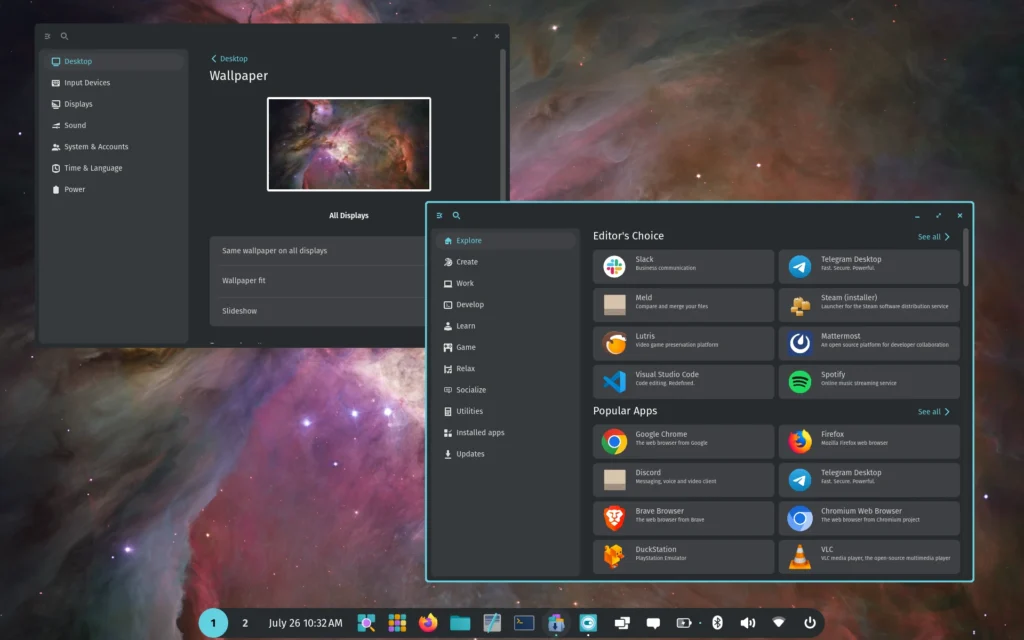
Pop OS (stylized as Pop!_OS) is a free and open-source Linux distribution based on Ubuntu and developed by the American Linux computer manufacturer System76. It features the COSMIC desktop environment; a Rust-based and Wayland-only desktop created and maintained by System76. Pop!_OS is primarily designed to ship with the company’s computers, but it can also be downloaded and installed on most PCs. Pop!_OS provides full out-of-the-box support for both AMD and Nvidia GPUs making it a top choice for gaming. The OS provides default disk encryption, streamlined window and workspace management, keyboard shortcuts for navigation as well as built-in power management profiles. The latest releases also have packages that allow for easy setup for TensorFlow and CUDA.
Latest Posts
- CEO/Executive Contact List
- Almost Everyone Involved In Developing Tor Was (Is) Funded by the US Government
- How to Use Social Media Apps Without Google or Apple’s Permission
- How to Hack an FTP Login
- How to Hack Home Routers
- How to Track Someone By Phone
- How to RAT Someone’s Computer
- How to Launch a DoS/DDoS Attack
- WordPress vs Joomla vs Drupal
- How to Hack Security Cameras with Google

